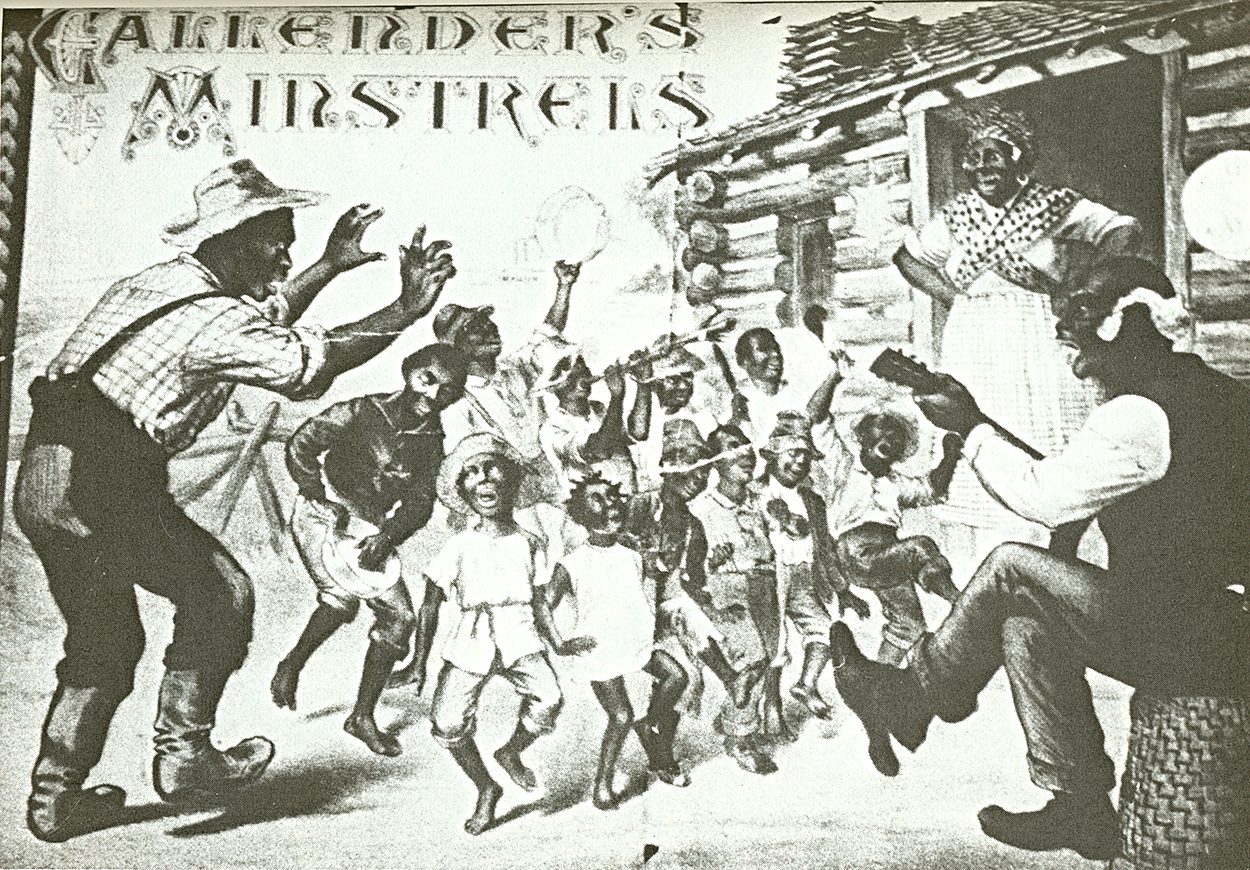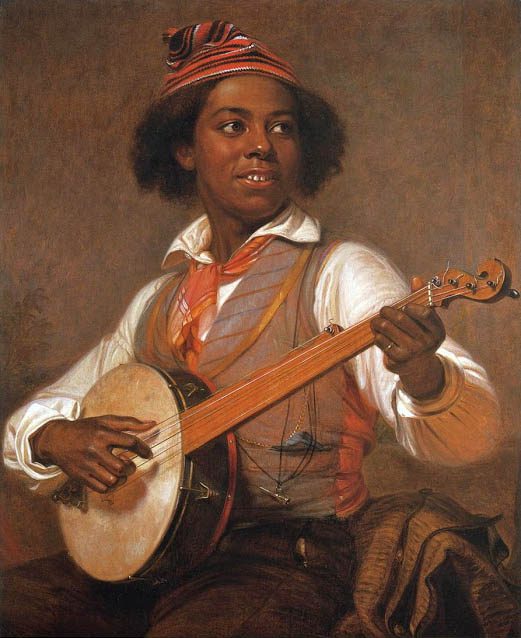Early History of the Banjo
The Banjo is a quintessential instrument in the folk music genre in the United States. Although the banjo was developed by African people, the connotation surrounding the banjo has become a sore subject for African Americans. However, the banjo’s history illustrates the rich history and culture that Africans have endured in the United States.

The Banjo’s origins are from Gambia in 1620, from west Africans using similar stringed instruments to make music on the Gambia River. As enslaved Africans were being brought to the United States through the TransAtlantic slave trade, they brought African instruments like the djembe and the banjar (early form of the banjo) on the ships and forced to play them.
They forced the slaves to play these instruments, requiring them to sing and dance along to reduce the mortality rate during the Middle Passage. The tradition of the banjo continued into the eighteenth century as slaves continued to sing songs, perform dances, and play instruments of African origin. Banjos were made from logs covered with sheepskin and used during midyear festivals for celebration of their African culture.

The Minstrel Show
By the nineteenth century, the banjo was recognized as an instrument used by African Americans in the United States. The genre of secular folk music was developed during this time through fiddlers, children’s game songs, creole songs, and protest songs. As the secular music genre flourished, so did the popularity of the banjo. Minstrel shows started to emerge in the 1840’s as full-length theatrical entertainment featuring performers in blackface who performed songs, dances, and comic skits based on parodies and stereotypes of African American life and customs. Minstrel shows featured elements of satire in lyrics and skits with music that appealed to people who favored loud, raucous, and rhythmically jaunty tunes. Banjo and fiddle tunes were popular for dancing accompanied with characteristic syncopations.
Minstrel shows damaged the reputation of black people in America by reinforcing stereotypes about themselves that were untrue. These shows only showcased that black people were incapable of success in all aspects, even performing their own music for the public. Often the banjo was featured not only in the tunes, but in dances mocking the culture of black people in United States.
More controversy surrounding the banjo emerged when black people started performing in the Minstrel shows. These black entertainers were seen to be succumbing to negative stereotypes while reinforcing the idea that black people could only be used for labor and entertainment. Conversely, black people started to use the Minstrel shows to showcase their talents on a larger level due to their popularity with white people.

The Banjo's Unique History
As more black people became involved in the entertainment industry, they began to shy away from roles and jobs that directly correlated with negative stereotypes. In this effort, more white people saw the potential of black people as professional entertainers, rather than laughing stocks. As the Minstrel shows began to fall out of popularity, the banjo was reutilized by African American artists especially in jazz music as heard in Louis Armstrong’s “Potato Head Blues”. As more black musicians reclaimed the use of the banjo, it became a symbol of the perseverance that all black people had dealing with racism in the United States.
The banjo still has negative connotations surrounding its use in mainstream media to portray African American stereotypes. However, the banjo also serves as a symbol of the rich culture Africans brought to America and a historical reminder of the African American struggle for freedom and rights in the United States .


